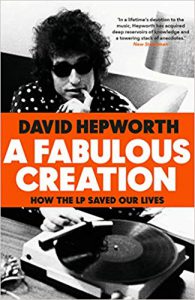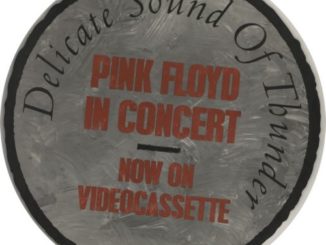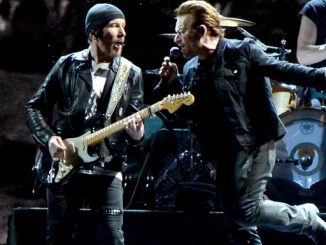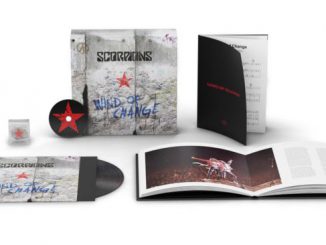
Listen here to Steve Lamacq chat to both Phill Savidge and David Hepworth about their new books…
Lunch With The Wild Frontiers: A History of Britpop and Excess in 13½ Chapters by Phill Savidge
Phill is widely credited as being the main instigator of the Britpop music movement that swept the UK in the mid-1990s. Savidge was co-founder and head of legendary public relations company Savage and Best, the company that represented most of the artists associated with the scene, including Suede, Pulp, The Verve, Elastica, Kula Shaker, Spiritualized, Menswear, The Auteurs, and Black Box Recorder.
Phill suggests that Britpop came about `by accident’ because he refused to represent any American bands. He subsequently ended up with an extremely accessible, media-friendly roster that `lived’ round the corner and included the most exciting press-worthy acts of the era.
His unique experience at the epicentre of Britpop led to many intimate, not entirely self-congratulatory encounters with a who’s who of popular culture including Brett Anderson, Damon Albarn, Roy Orbison, David Bowie, Joe Strummer, Lou Reed, Michael Barrymore, Richard Ashcroft, Andrew Lloyd Webber, Mick Jagger, George Lucas, Damien Hirst, and Dave Stewart, among others. But did he really Sellotape a cassette of Suede’s `Animal Nitrate’ single to a purple velvet cushion with a note that said `another great disappointment’ and then bike it to the NME? And could he and Jarvis Cocker really have fallen out simply because a journalist thought he was more glamorous than the Pulp front man?
If you’ve ever wondered what it’s like to represent Hirst, Cocker, and The Verve in the same decade, and then wake up in bed with Keith Allen in the Ritz in Paris courtesy of Mohammed Al Fayed then you should read this book. Imagine David Sedaris with a hangover and an expense account and you’re halfway to appreciating the delinquent delights of Lunch With The Wild Frontiers.
A Fabulous Creation: How The LP Saved Our Lives by David Hepworth
The era of the LP began in 1967, with ‘Sgt Pepper’; The Beatles didn’t just collect together a bunch of songs, they Made An Album. Henceforth, everybody else wanted to Make An Album.
The end came only fifteen years later, coinciding with the release of Michael Jackson’s ‘Thriller’. By then the Walkman had taken music out of the home and into the streets and the record business had begun trying to reverse-engineer the creative process in order to make big money. Nobody would play music or listen to it in quite the same way ever again.
It was a short but transformative time. Musicians became ‘artists’ and we, the people, patrons of the arts. The LP itself had been a mark of sophistication, a measure of wealth, an instrument of education, a poster saying things you dare not say yourself, a means of attracting the opposite sex, and, for many, the single most desirable object in their lives.
This is the story of that time; it takes us from recording studios where musicians were doing things that had never been done before to the sparsely furnished apartments where their efforts would be received like visitations from a higher power. This is the story of how LPs saved our lives.
Collecting Vinyl, CDs, Memorabilia, Posters and more by any of the artists and bands mentioned above?
Indulge your collecting habit at eil.com today and explore the thousands of Vinyl Records, CDs & more in stock
eil.com – the world’s best online store for rare, collectable and out of print Vinyl Records, CDs & Music memorabilia since 1987




Be the first to comment